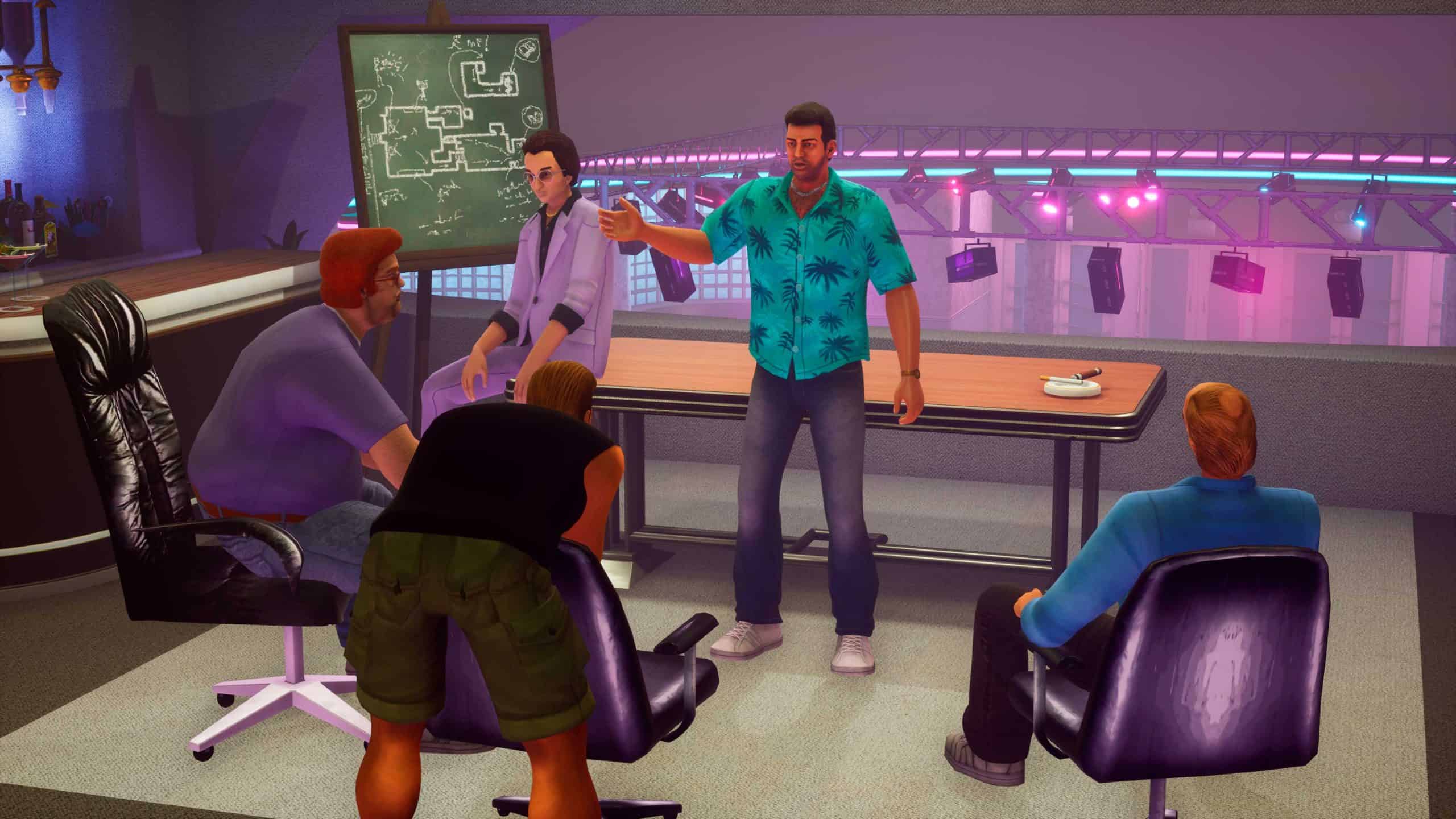One of the most worn out topics of discourse in the gaming community is the problems that gamers have with the terminally online and monetized nature of the hobby in its contemporary form, where all kinds of servers, accounts, microtransactions and subscription fees tailor the hobby into something that keeps the audience controlled and paying - but there is another angle to the live service phenomenon: history.
Live-service business models are killing game conservation as we know it, and entire chunks of video game history - the history of some of the biggest, most popular and most influential games, too - is already lost, likely forever. Meanwhile, the conservation of old games is also being hampered by companies, all because remaster culture has conditioned them into expecting to be able to sell that old game to you again.
Where does this leave modern gaming conservation efforts, and how does the legitimate interest in maintaining the hobby's history intersect with illegitimate piracy? How are some companies helping, while others fight tooth and claw to commoditize that history? What will be the fate of so-called lost media in the information age where nothing is reallylost, but instead kept under a legal bog?
Seasonal
Live service games, by their nature, are in a near-constant state of flux. Updates, expansions, seasons bring not only new content as additions on top of what already exists in the game, but also fundamental and in some cases drastic changes to that base content, with no apparent way to access old versions after their time has passed - unless the company decides to bring back said version with the intention of selling them to you yet again.



